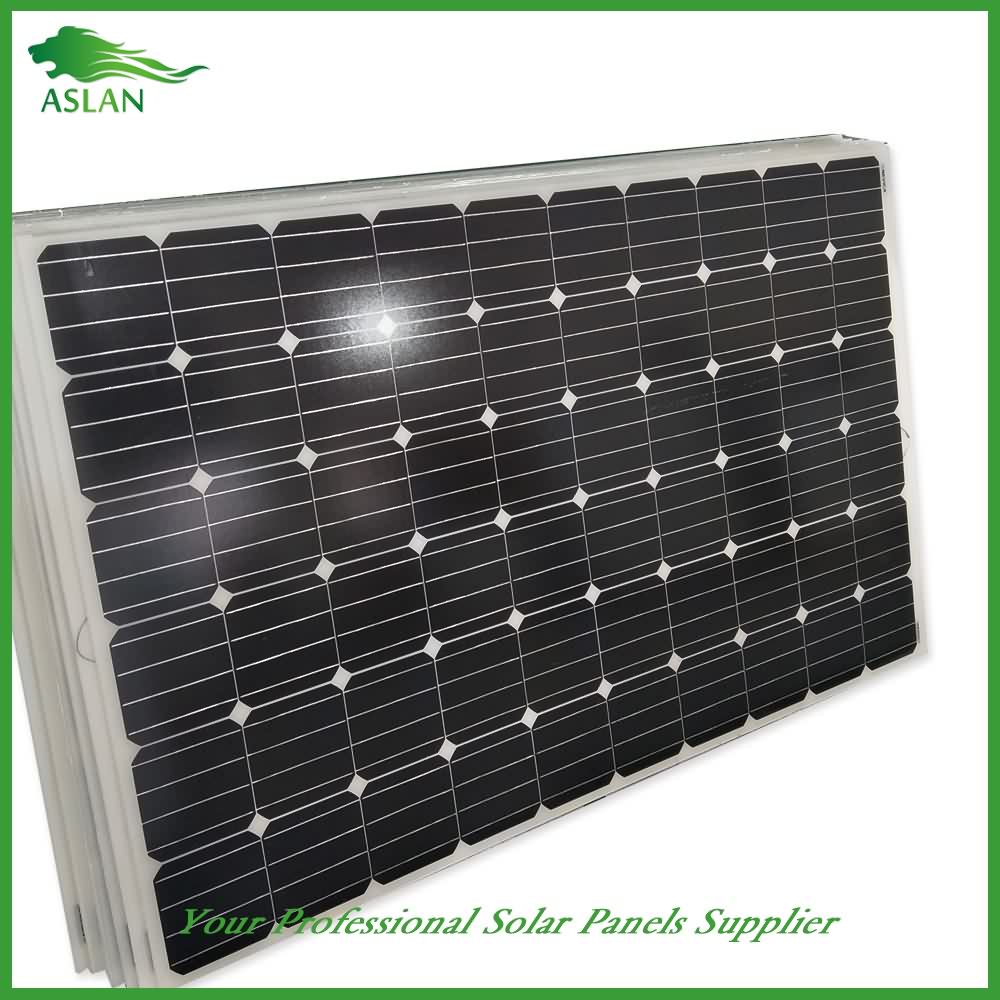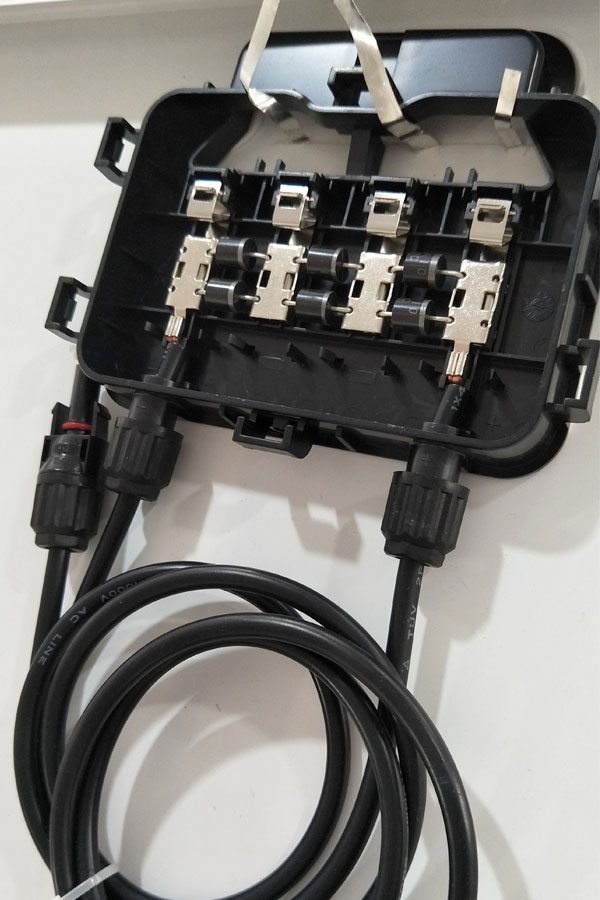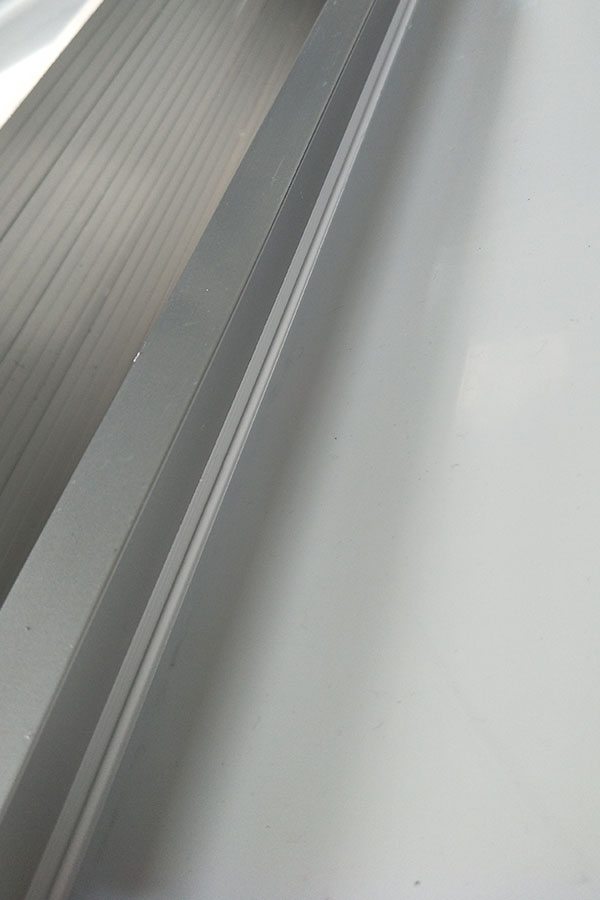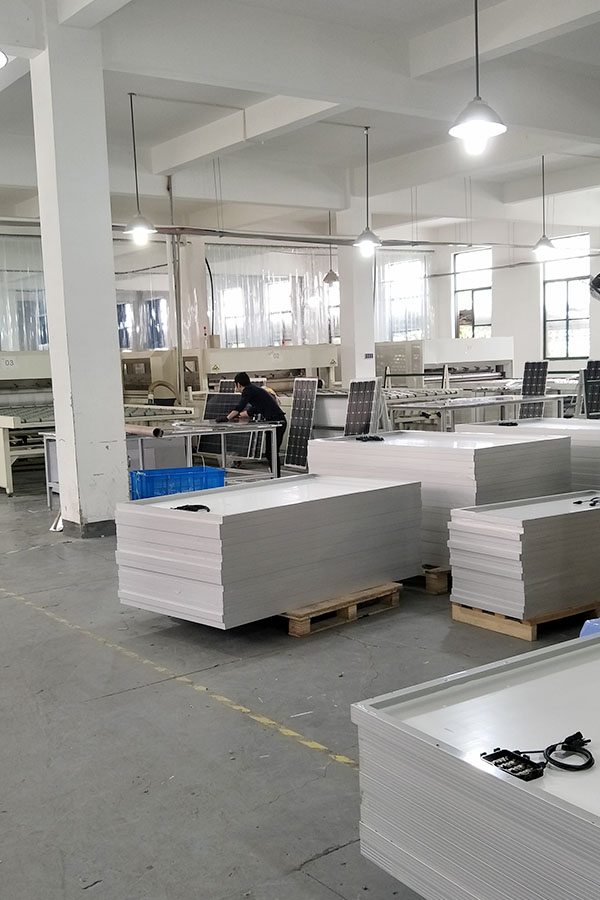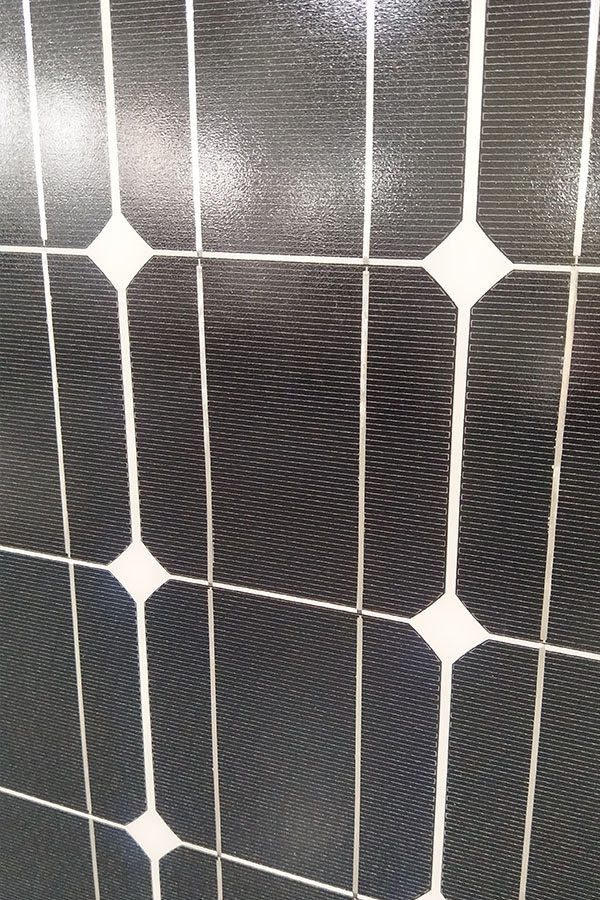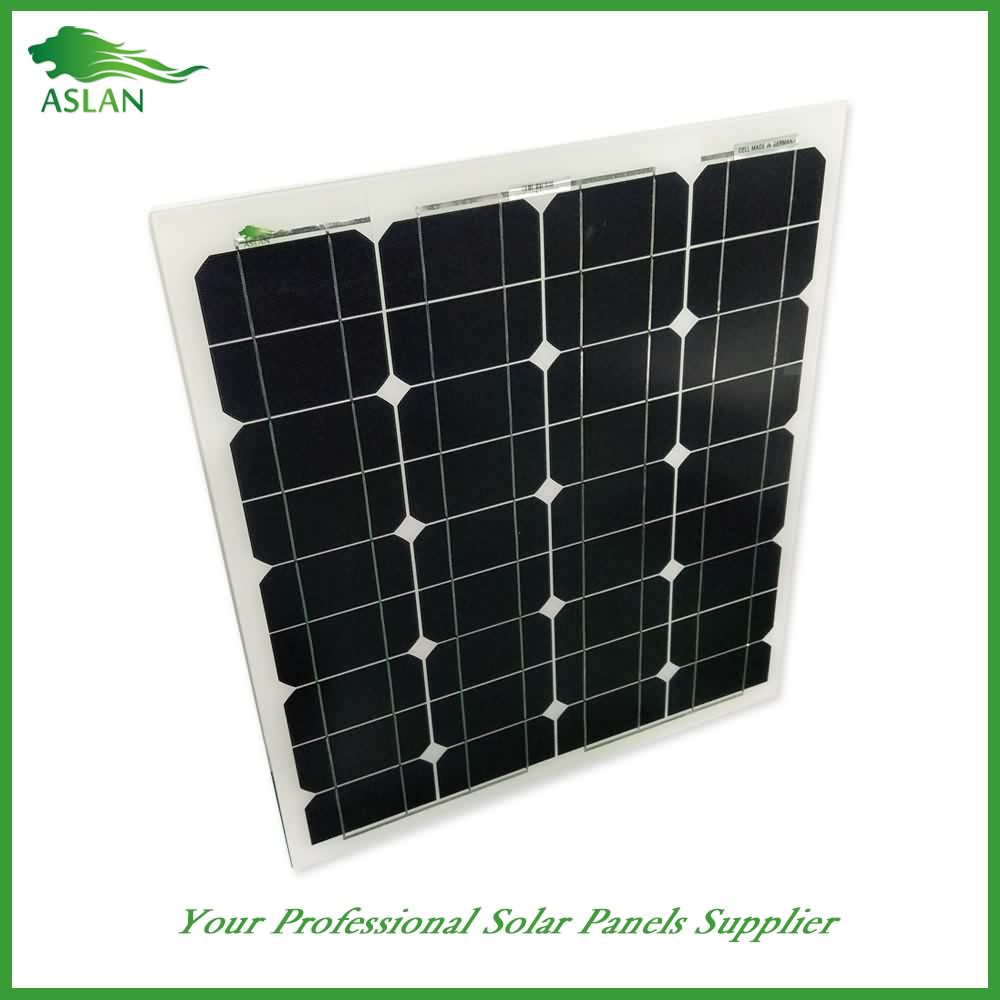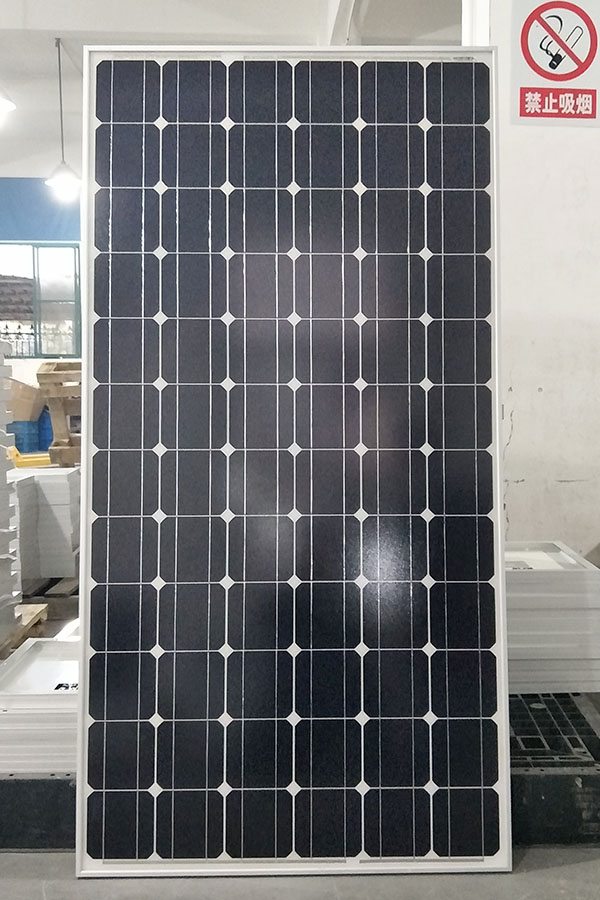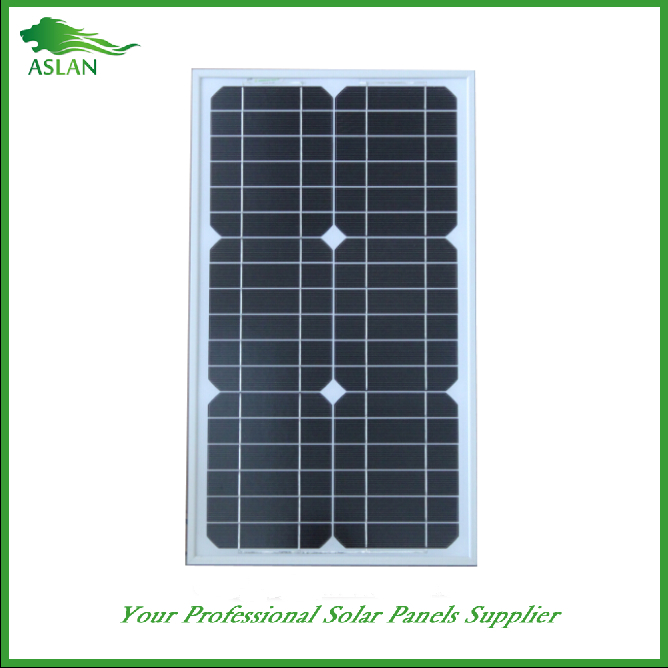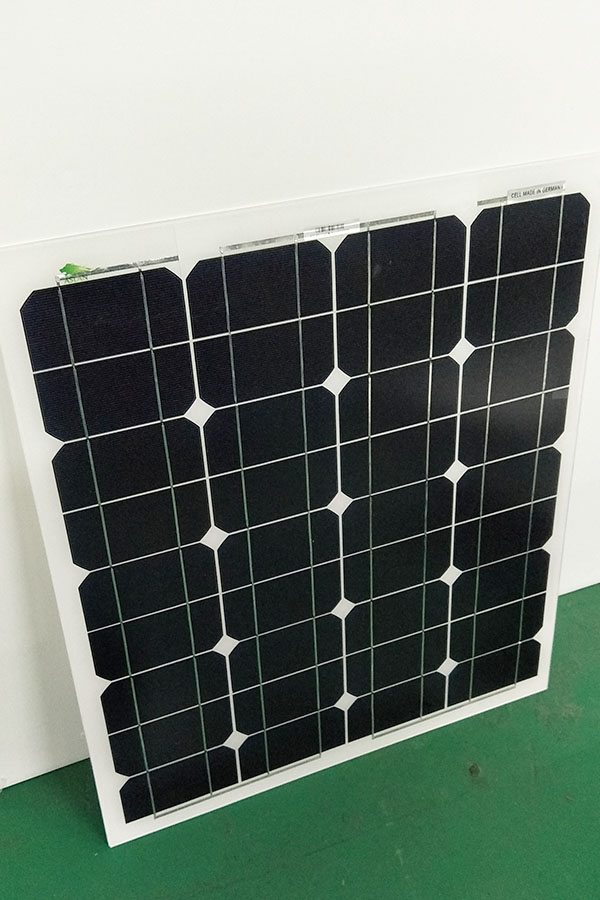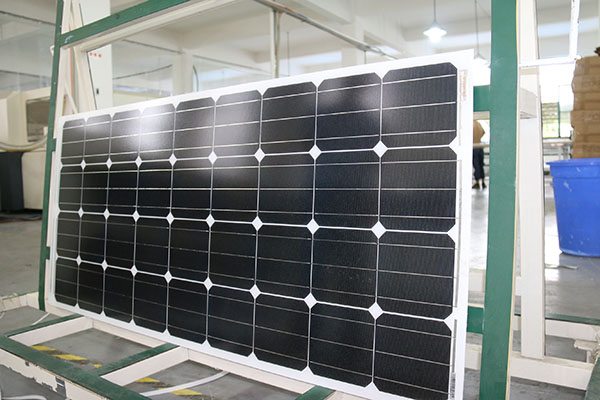7 Years Factory Mono-Crystalline 250W Solar Panel Wholesale to Naples
Short Description:
we can offer high quality products, competitive price and best customer service. Our destination is "You come here with difficulty and we give you a smile to take away" for 7 Years Factory Mono-Crystalline 250W Solar Panel Wholesale to Naples, We welcome you to visit our factory and look forward to establishing friendly business relationships with customers at home and abroad in the near future.
Mono-Crystalline 250W Solar Panel
Technical parameter
Maximum Power(W) 250W
Optimum Power Voltage(Vmp) 30.3V
Optimum Operating Current(Imp) 8.29A
Open Circuit Voltage(Voc) 36.76V
Short Circuit Current(Isc) 8.91A
Mechanical Characteristics
Cell Type Monocrystalline 156x156mm (6 inch)
No of Cell 60 (6x10pcs)
Dimensions 1640x990x40mm
Weight 18.0KGS
Front Glass 3.2mm,High Transmission, Low Iron,Tempered Glass
Junction box IP65 Rated
Output Cable TUV 1×4.0mm2/UL12AWG,Length:900mm
Temperature and Coefficients
Operating Temperature(°C): -40°C ~ + 85°C
Maximum System Voltage: 600V(UL)/1000V(IEC) DC
Maximum Rated Current Series: 15A
Temperature Coefficients of Pmax: -0.47%
Temperature Coefficients of Voc: -0.389%
Temperature Coefficients of Isc: 0.057%
Nominal Operationg Cell Temperature (NOCT): 47+/-2°C
Materials of solar panel
1).Solar Cell——Mono-crystalline solar cell 156*156mm
2).Front Glass——-3.2mm, high transmission, low iron, tempered glass
3).EVA——-excellent anti-aging EVA
4).TPT——-TPT hot seal made of flame resistance
5).Frame——anodized aluminum profile
6).Junction Box——-IP65 rated, high quality, with diode protection
Superiority: high quality anodized aluminum frame, high efficiency long life, easy installation, strong wind resistance, strong hail resistance.
Features
1. High cell efficiency with quality silicon materials for long term output stability
2. Strictly quality control ensure the stability and reliability, totally 23 QC procedures
3. High transmittance low iron tempered glass with enhanced stiffness and impact resistance
4. Both Polycrystalline and Mono-crystalline
5. Excellent performance in harsh weather
6. Outstanding electrical performance under high temperature and low irradiance
Quality assurance testing
Thermal cycling test
Thermal shock test
Thermal/Freezing and high humidity cycling test
Electrical isolation test
Hail impact test
Mechanical, wind and twist loading test
Salt mist test
Light and water-exposure test
Moist carbon dioxide/sulphur dioxide
As part of Back to Basics DC, Mayor Muriel Bowser highlights three District projects aimed at decreasing the rodent population in Washington, DC.
The Mayor was joined at the announcement by the Director of the Department of Health Dr. LaQuandra Nesbitt, Chief Technology Officer Archana Vemulapalli, representatives from the Department of Public Works, and community members.
“One of the most important ways we are moving DC forward is by investing in initiatives and technology that make our city healthier and cleaner,” said Mayor Bowser. “We are taking a comprehensive and 21st century approach to an old problem, and we ask that the community continue to help us by reporting rodent issues to 311. Working together, we can reduce waste and keep our streets clean.”
Because most rodent activity stems from inappropriately stored garbage, the District’s rat abatement projects focus on improving how the city, businesses, and residents manage trash. The efforts bring together resources from the Department of Health (DOH), the Department of Public Works (DPW), the Office of Unified Communications (OUC), the Office of the Chief Technology Officer (OCTO), and the Department of Small and Local Business Development (DSLBD).
Earlier this month, DSLBD launched the Commercial Waste Compactor Grant, which offers up to $13,500 for qualified DC businesses to purchase or lease a commercial compactor for their trash, recyclables, or compost. The grant program runs through September and could help over 60 businesses reduce rodent activity by using sealed, rodent-proof compactors. More information about the grant program is available at dslbd.dc.gov/compactor.
In addition, DOH is working closely with DPW and OCTO to strategically deploy 25 solar trash cans and 400 smart litter bins in rat hotspots around DC. The solar trash cans, which are enclosed and rat proof, have solar panels built into them, allowing them to compact trash without being connected to the electrical grid. Solar trash cans have already been installed on Barrack’s Row, Freedom Plaza, and Indiana Avenue, NW. The smart litter bins are trash cans equipped with a sensor that monitors in real time the amount of waste in a bin, the weight of the waste, and whether someone suddenly added large amounts of waste. The sensors then relay this data to a cloud-based web service used by DPW. The web service compiles the data into a map of every sensor-equipped bin in the city, showing which bins are ready for pickup. The data collected will enable DPW to better mobilize crews for pick-up and improve route and bin deployment efficiency.
DC’s rodent population is believed to have risen in recent years as a result of warmer winters. Last year, the number of 311 requests for rodent abatement increased by 65 percent from 2,300 in 2015 to more than 3,500 in 2016. The District takes a comprehensive approach to rodent control that includes community outreach, surveys, abatement, enforcement and cooperation with other DC agencies. he city deploys teams of rodent control experts who target pests on public property, and will also treat private property if residents obtain signed petitions.
The Mayor also announced the following ways residents can help with rat abatement:
• store garbage in metal or heavy plastic containers with tight-fitting lids;
• place trash outside shortly before pickup, instead of days in advance;
• remove weeds and debris near buildings and in yards where rats can easily hide;
• store food that has been removed from its original packaging in metal, glass, or heavy-duty plastic containers with tight fitting lids,
• remove uneaten pet food and store pet food in secure containers; and
• report rodent issues in your neighborhood, by calling or texting 311.
Back to Basics DC is an effort to highlight the day-to-day work that keeps the District moving forward. Follow Back to Basics DC on social media using #backtobasicsDC.
Epoxy printing,positioning,assembly and testing can all be done with one fixture
